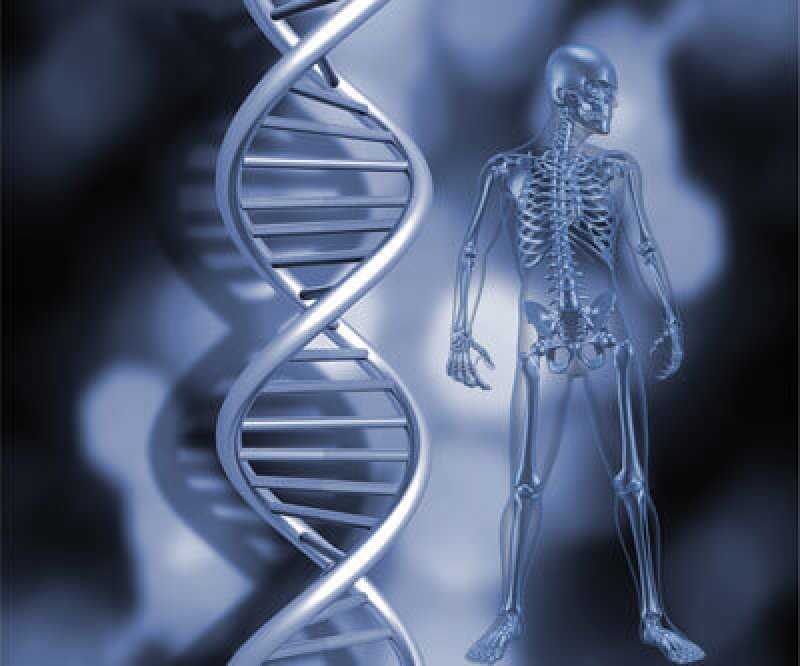The GLP aggregated and excerpted this blog/article to reflect the diversity of news, opinion and analysis.
The scientific community reacted quite negatively to an article written by Siddhartha Mukherjee in The New Yorker where he was subsequently accused of oversimplifying epigenetics. This topic has generated a great deal of attention by scientists and the public.
But, there is a lot of confusion and misinformation about this relatively new topic, which is exemplified by the following question: “How can you gain any sort of valuable information or pluck the underlying epigenetic thread of truth from this swirling accumulation of misleading refuse?”
Few non-scientists are even vaguely familiar with epigenetics and even the scientific community still has yet to get a handle on the mysteries that surround it. But this hasn’t stopped quacks the likes of Joe Mercola, Jessica Coffey and others from using it to further their own agendas. They supoprt the notion that genes are destiny and that the genetic destiny of future generations is in our hands. In reality, lifestyle choices such as meditation or eating a double bacon cheeseburger will not determine the genetic fate of our progeny.
Read full, original post: Epigenetics: Lamarck’s Revenge?































